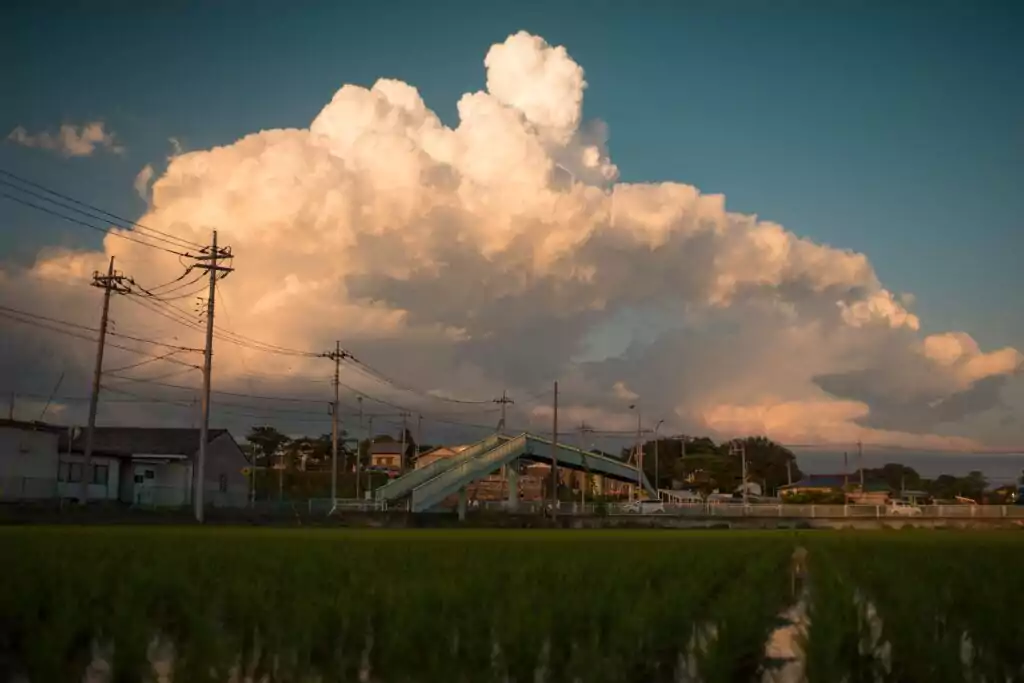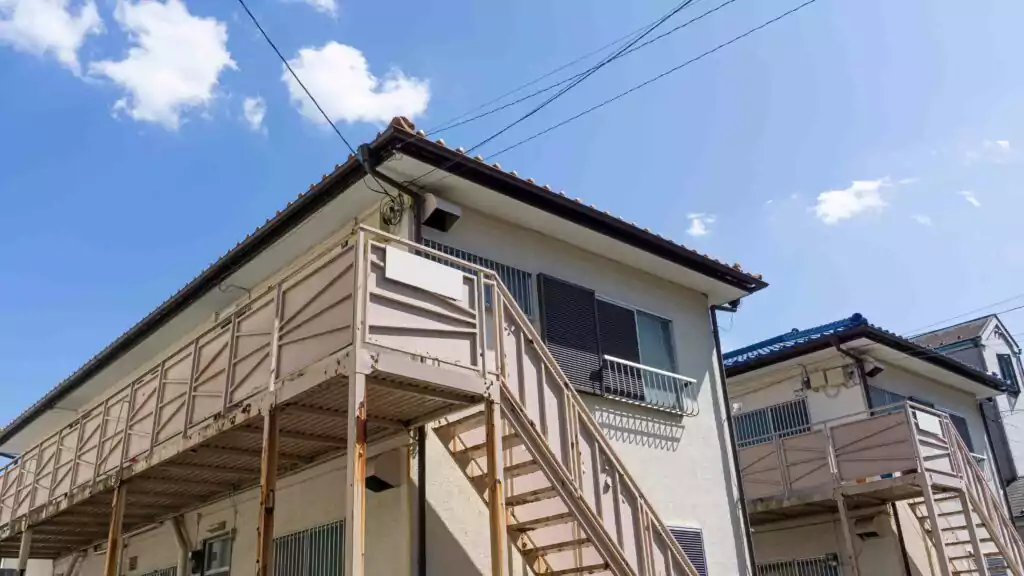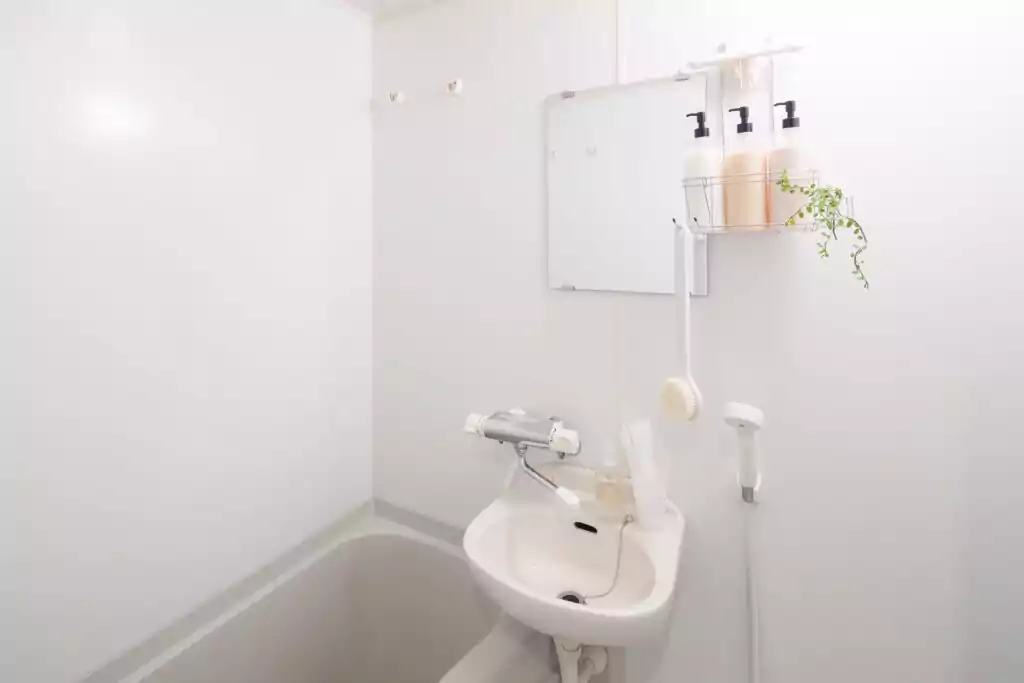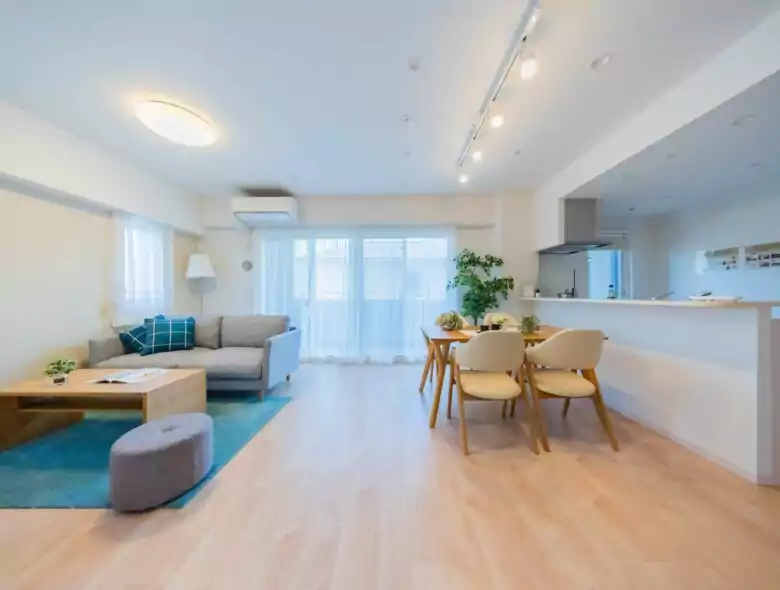What do Tokyo, New York City, and London have in common? Apartments. Correction: tiny apartments, some the size of a closet in the countryside. It’s the price one pays if you’re looking to be in the middle of a city with access to all the conveniences money can buy.
However, if tired after a few years of living the small apartment life or not wanting to experience living in a cupboard like Harry Potter, then read on to find out what options are available to you.

Rural Areas
The pandemic has changed the way we work and where we work. Many of us now work from home, or only have to go into the office a few times a week or month. If this is the case, then why not consider moving out of the city and into the suburbs or even the countryside?
It’s no surprise that the further out of the city you go, the more affordable living becomes, and the option to find bigger accommodations at reasonable prices increases. If you’re willing to commute a bit further for work or are permanently working from home, consider expanding your apartment hunting to areas outside of Japan’s major cities. Village House manages properties in both urban and rural areas, boasting over 100,000 low-cost units in 1,000 locations all over Japan; so if space is a requirement and a necessity, feel free to inquire about properties outside of major urban areas.
Accessibility
People pay for the convenience of being near a major train station in Japan and landlords know this, which is why many accommodations’ rent drastically increases the closer it is to a train station. However, rent starts decreasing for properties more than a 15-minute walk from the aforementioned train stations. Owning a car, motorcycle, or some other form of private transportion or don’t mind riding a bus or bicycle to the nearest train station. Then widening your search options to further away from the station is an option to decrease rent costs.
If being near a station is a must, then try looking for properties around local stations servicing a single line instead of major and popular stations with multiple lines running through it. Rent may be slightly lower around local stations as they’re not considered as convenient and accessible as say, the Yamanote Line in Tokyo.

Older Houses
Never judge a house by its age. People tend to gravitate towards newer buildings based on the amenities and facilities that are modern. It is often overlooked that many renovated older properties offer the same or better facilities at cheaper rent prices simply due to the age of the building.
If the price of rent is a concern, then consider older properties when apartment hunting. Price is lower in this case as older properties are considered less desirable by tenants who desire trendy newer living spaces. However, as previously mentioned, despite when the building was erected, the interiors are sometimes renovated to reflect and provide for a modern lifestyle.

Unit Bath
In Japan, unit baths are bathrooms where the bathtub, shower, sink, and toilet are all in the same room. Due to many local residents preferring the toilet to be separate from the bathtub or shower room, properties containing a unit bath tend to come with cheaper rent. Statistics from surveys imply that rent can be anywhere between 13% to 20% lower for accommodations with unit baths so if you’re not picky about going to the toilet and bathing or showering in the same room, then add these apartments to your list.
Village House offers properties with and without unit baths so if the price of rent is an issue, be sure to inquire about properties with unit baths.
Off Season
The annual peak season for finding and moving into a new place in Japan is January to March. This is because the new fiscal and academic year starts in April so people will be busy finding accommodations within reasonable commuting distance of their school or office. During these peak months, rent prices tend to become competitive as landlords and real estate agencies understand the fluctuating demand.
If you’re not in a hurry or don’t have a definitive moving deadline, then consider apartment hunting during the off-peak season, which is around June to August. Some reasons why these months are considered the off season for renters and landlords include it being too hot, especially in the Kanto area, and because the majority of people have already found places to live.
If you wish to take advantage of moving during the off season, you may benefit from lower rent, one month’s free rent, no key money, some utilities included, etc. For the best results, consider getting a real estate agent – like Village House! – to negotiate terms for you with the landlord or owner of a property that’s been vacant for several months. Knowing that income will be lost each month a property remains vacant, landlords are usually willing to make concessions in order to snag a tenant for a vacant property.



